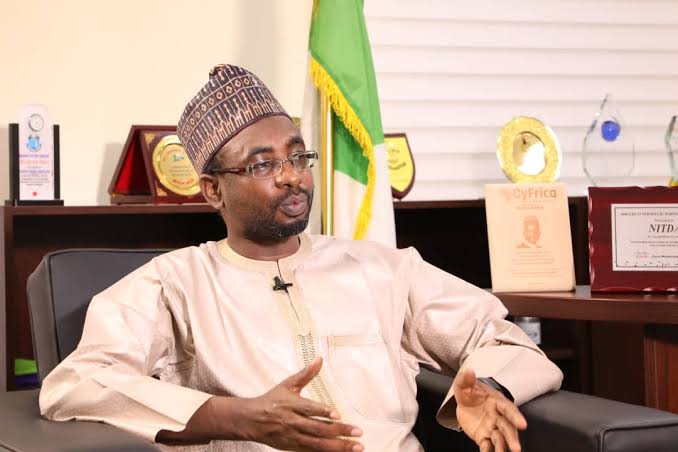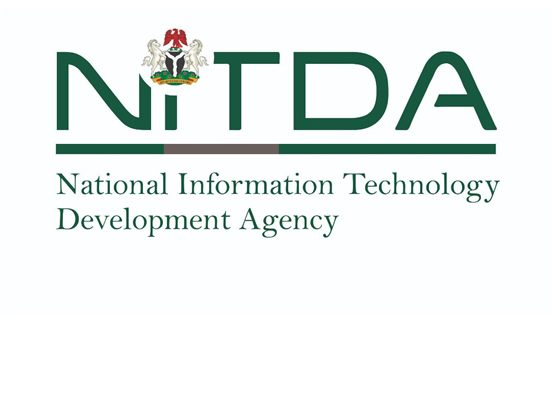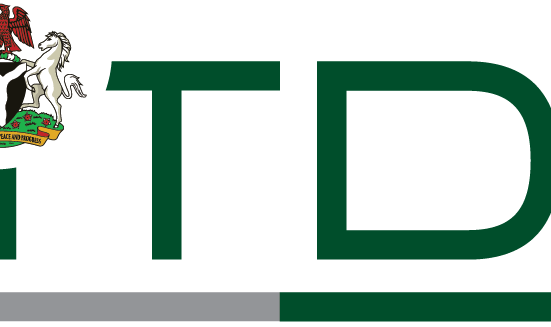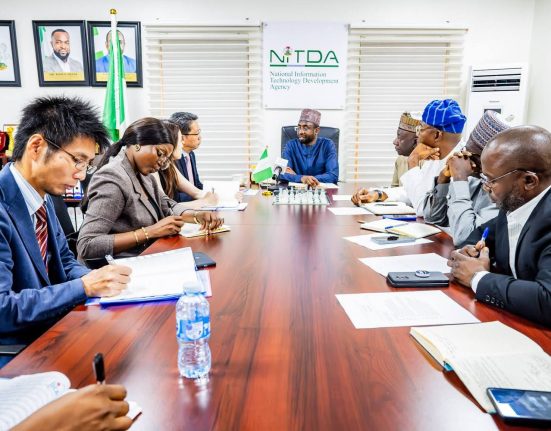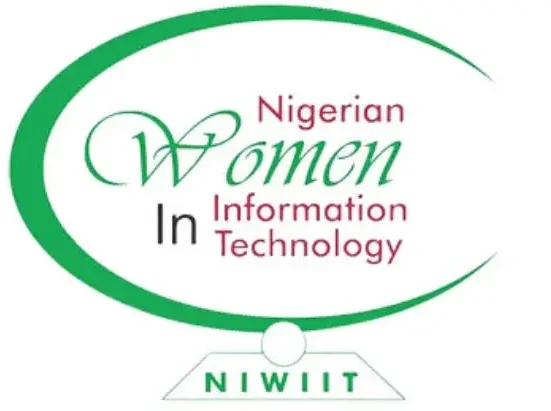The National Information Technology Development Agency (NITDA) has called for the deliberate design and implementation of inclusive digital policies to accommodate the estimated 35 million Nigerians living with special needs, stressing that true national digital transformation cannot occur without their full participation. The agency’s Director-General, Malam Kashifu Inuwa, made this known in Abuja while receiving a delegation from the Inclusive Friends Association (IFA), a disability rights and advocacy group led by its Executive Director, Ms. Grace Jerry.
Inuwa explained that NITDA’s renewed focus on inclusive digital literacy and empowerment is in line with President Bola Ahmed Tinubu’s broader economic reform agenda, which prioritises inclusive growth, innovation, and human capital development. He said the country’s ambition to achieve 95 percent digital literacy by 2030 would be unattainable if a significant portion of the population, especially persons with disabilities, continues to be left out of technology development and empowerment programmes.
“This meeting has further brought to the fore the urgency of being more intentional in the design of our programmes. We cannot claim to be inclusive or aim for 95 percent digital coverage while excluding over 35 million Nigerians with special needs,” Inuwa said.
He noted that while the agency has previously conducted special training programmes for people living with disabilities in some parts of the country, NITDA is now committed to expanding these initiatives to cover more states and communities. He also assured that the agency’s physical infrastructure is being upgraded to support accessibility, and that future digital empowerment initiatives will be planned with inclusivity as a core objective.
To institutionalise inclusion, the Director-General proposed the inclusion of representatives from the disability community on national ICT committees tasked with setting technology standards, designing training curricula, and developing policy frameworks. According to him, this move will ensure that voices from the disability community are not only heard but play an active role in shaping Nigeria’s digital future.
Inuwa further suggested that disability-focused initiatives should be fully integrated into mainstream national programmes such as the National Youth Service Corps (NYSC) tech initiatives, women’s digital empowerment cohorts, and other major ICT projects under the agency. He explained that such platforms offer valuable opportunities for skills acquisition, job creation, entrepreneurship, and social mobility.
“For us, the focus goes beyond basic training. The real goal is sustainable empowerment, equipping people to leverage digital tools to grow their businesses, access employment, and improve their daily lives,” he said. He invited organisations like the Inclusive Friends Association and others working in the disability advocacy space to collaborate more closely with NITDA in order to co-create impactful initiatives and ensure lasting policy reforms that reflect the diversity of the Nigerian population.
In her remarks, Ms. Grace Jerry thanked the agency for the engagement and reiterated the urgent need to bridge the growing digital divide faced by Nigerians with disabilities. She emphasised that digital literacy is fast becoming a prerequisite for access to employment, education, and public services, and warned that without deliberate inclusion, millions could be left behind in the country’s push towards a digital economy.
“The federal government’s 2030 target for 95 percent digital literacy cannot be realised if it is not truly inclusive. Persons with disabilities must be factored in from the start of every policy conversation, not as an afterthought,” Jerry stated.
The meeting underscored NITDA’s evolving commitment to inclusive technology governance and the strategic alignment of its programmes with Nigeria’s economic diversification and digital transformation roadmap. As the global economy becomes increasingly digital, ensuring equitable access to ICT resources and skills for all segments of society remains a fundamental pillar for sustainable development.

